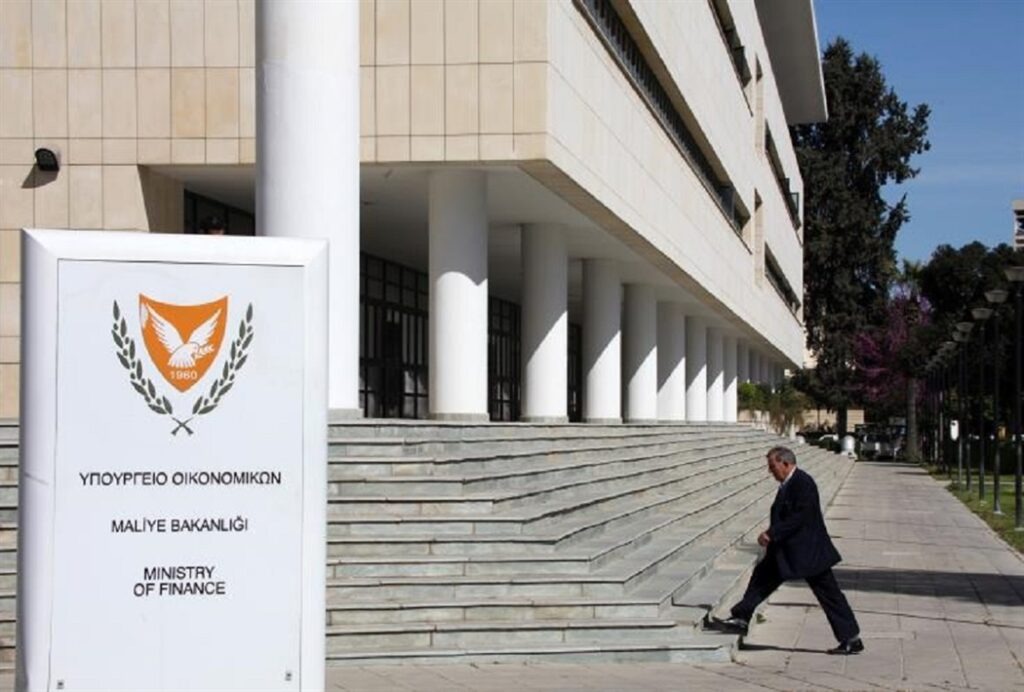The government is promoting an action plan for the reform of the governance framework of public entities and state-owned enterprises.
Recognising gaps in the governance framework of state-owned enterprises compared to international standards, the European Commission, within the country-specific recommendations, calls for measures to address the issue.
In this context, the Ministry of Finance had requested technical assistance from the IMF, and technocrats from the fund visited Cyprus between March 22 and 31, 2023, while the relevant report was issued in September 2023.
According to a Ministry of Finance official’s statement to CNA, a reform plan is currently being shaped, which will be presented to the Council of Ministers for policy decisions and the promotion of relevant legislative regulations at a later stage.
In its report, the IMF acknowledges that Cypriot authorities have implemented measures to strengthen the oversight of semi-autonomous entities.
It refers to the Public Financial Accountability Law, enacted in 2014, which primarily assigns control powers to the Ministry of Finance, as well as ministerial decisions and circulars aimed at strengthening supervision and management of financial risks, and the Public Governance Code, which introduced elements of good governance and accountability.
According to the IMF, these reforms have yielded results, as the obligations of public entities have remained stable at around 11% of GDP in recent years, while state guarantees to public entities have declined from 4.5% of GDP in 2015 to less than 3% of GDP in 2021, and non-performing loans belonging to public entities have fallen below 2% of the total red loans in 2022.
Additionally, as mentioned, the majority of Board of Directors members are non-executive, which limits conflicts of interest.
According to the IMF, the Ministry of Finance oversees a total of 58 public entities, excluding entities such as the Cyprus Asset Management Company (KEDIPES) and pension funds controlled by state entities.
The IMF also identifies an issue in categorising state-owned enterprises based on their legal status (public or private law) rather than whether their activities are commercial or for policy purposes.
The IMF considers that the categorisation of state entities should align with the 2014 Government Finance Statistics Manual (GFSM 2014), which corresponds to the European System of Accounts and allows for the differentiation of public entities engaged in commercial activities from those with non-commercial purposes.
A unified categorisation system would facilitate effective oversight, assessment, and informed decision-making by the government, according to the IMF, which, using its own categorisation, restricts state-owned enterprises and public entities to 17 out of 58 and notes that these entities collectively managed assets equivalent to approximately 22.3% of GDP in 2021.
The IMF also recommends that the Ministry of Finance strengthen its capacity to oversee the financial performance of public entities and state-owned enterprises and their impact on public finances, monitor the relevant fiscal risk, and publish reports on their performance.
The IMF considers that the implementation of the existing legal framework for monitoring and supervising state entities is weak.
It also notes that decisions of the Council of Ministers were only partially implemented “due to a lack of capacity in the Government and limited understanding by state entities of their obligations”.
Among other things, public enterprises do not submit three-year plans to either the relevant Ministry or the Ministry of Finance, and while they submit compliance statements to the Ministry of Finance, there is no unit to analyse these statements or issue reports on the implementation of the Code.






